Publications
Articles, publications, books, tools and multimedia features from the U.S. Institute of Peace provide the latest news, analysis, research findings, practitioner guides and reports, all related to the conflict zones and issues that are at the center of the Institute’s work to prevent and reduce violent conflict.
Question And Answer
Amid a Changing Global Order, NATO Looks East
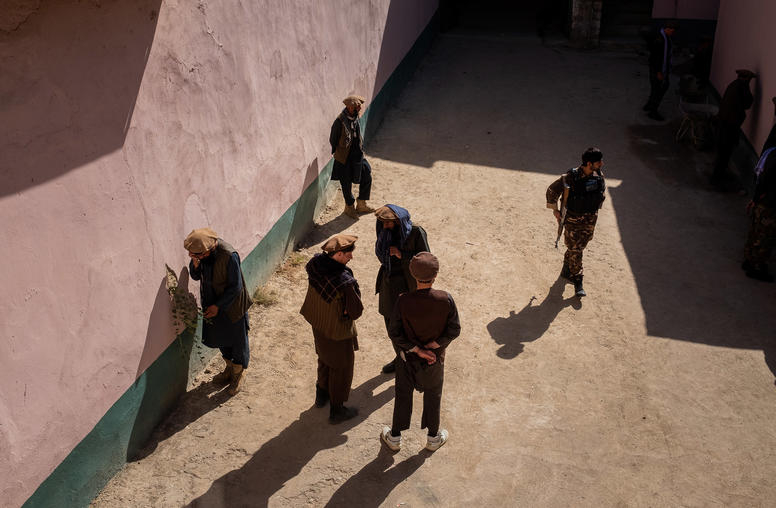
Taliban Fragmentation: Fact, Fiction, and Future
For years, the U.S. military pursued a "divide and defeat" strategy against the Afghan Taliban, attempting to exploit the supposedly fragmented nature of the group. Drawing on the academic literature on insurgency, civil war, and negotiated peace, this report finds that the Taliban is a far more cohesive organization than a fragmented one. Moreover, Taliban cohesion may bode well for enforcing the terms of its February 29 agreement with the United States, and any eventual settlement arising from intra-Afghan negotiations.

Scott Smith on What’s Next in the Afghan Peace Process
The Afghan government and Taliban announced an agreement on a prisoner exchange this week, but it remains unclear what comes next. With the presidential election still undecided, “The question is if this is the beginning of a new peace strategy on the part of President Ghani, will he be the president a few months from now to carry that strategy forward?” asks USIP’s Scott Smith.
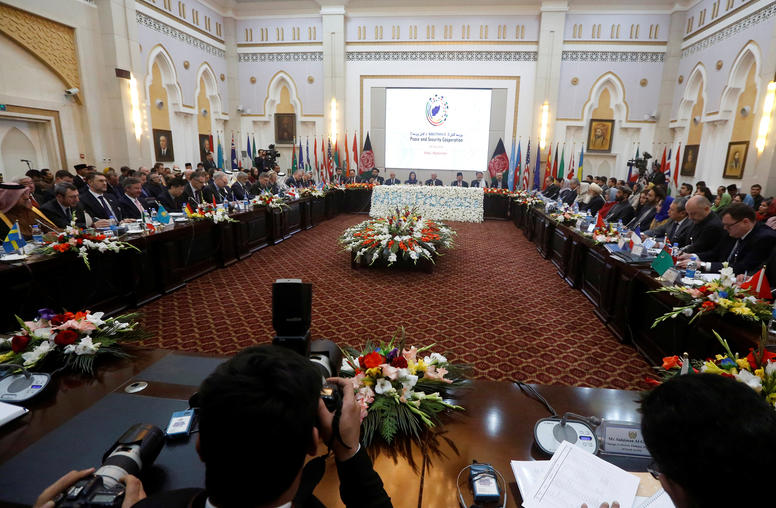
Intra-Afghan Peace Negotiations: How Might They Work
Recent positive developments in the Afghan peace process have renewed hopes that the country’s 17-year-old conflict could come to a close. Direct negotiations between the Afghan government and the Taliban, however, are likely to involve complex constitutional questions. This Special Report provides...
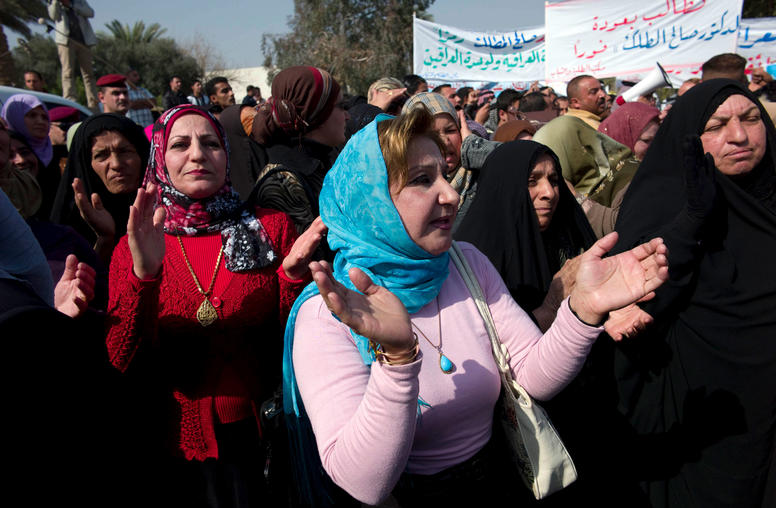
Want Women at Peace Talks? Mandate It
The evidence on ending violent conflict is clear: when women participate in negotiations it helps achieve peace. A study of 182 signed peace accords over two decades showed these accords were 35 percent more likely to last at least 15 years when women were involved. Yet 17 years after the United Nations first called for including women in all peace talks globally, women remain sidelined. The lack of structural incentives for change is the key—until we get the incentives right, exclusion will rule.
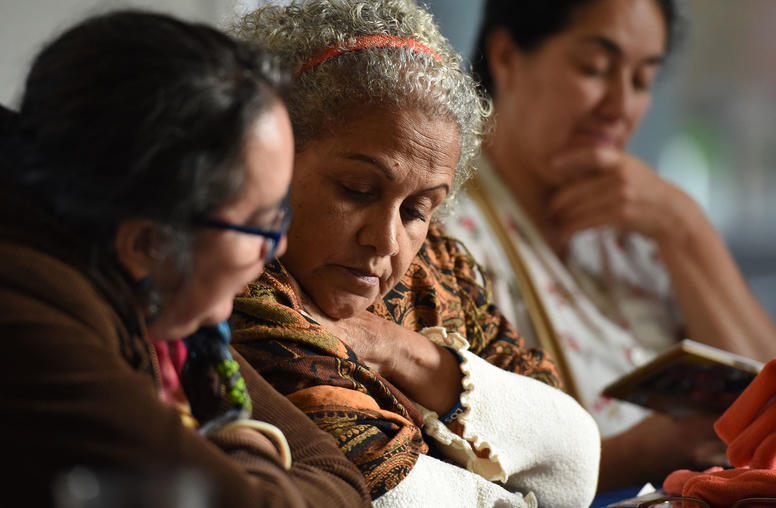
The Essential Role of Women in Peacebuilding
Evidence indicates that women participants in peace processes are usually focused less on the spoils of the war and more on reconciliation, economic development, education and transitional justice – all critical elements of a sustained peace.
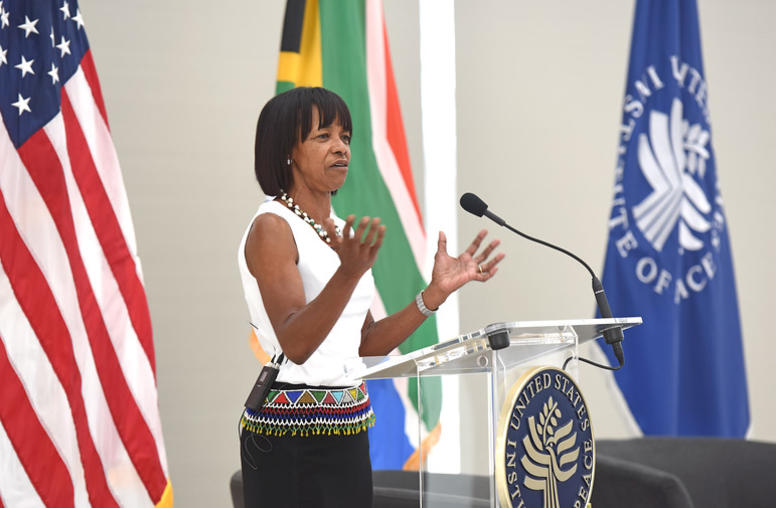
At 100, Nelson Mandela's Meaning for 'A Troubled World'
One hundred years after Nelson Mandela’s birth, his example calls nations and political elites to examine their failings in providing justice and hope to people worldwide, said Cheryl Carolus, Mandela’s colleague in the movement that toppled South Africa’s apartheid regime. Amid warfare across the globe, and alienated voters roiling the politics of democracies, “maybe it is fortuitous that we are confronted with these challenges in the centenary year of Nelson Mandela,” Carolus said, delivering USIP’s inaugural Nelson Mandela Lecture. “Maybe we will remind ourselves that peace can only reign and endure if there is justice and equality.”
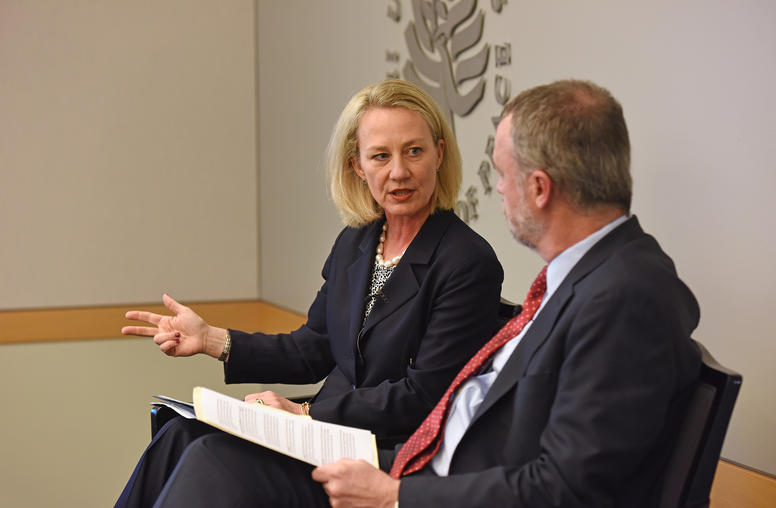
U.S. Presses Taliban to Accept Afghan Peace Talks
The senior U.S. diplomat for South and Central Asia, Ambassador Alice Wells, urged Afghanistan’s Taliban to take up last week’s offer by President Ashraf Ghani to hold direct peace negotiations. “It is a positive sign” that the Taliban have not rejected Ghani’s proposal, Wells said—and a planned regional conference in Tashkent this month should reinforce international pressure for the insurgent movement’s acceptance of peace talks.
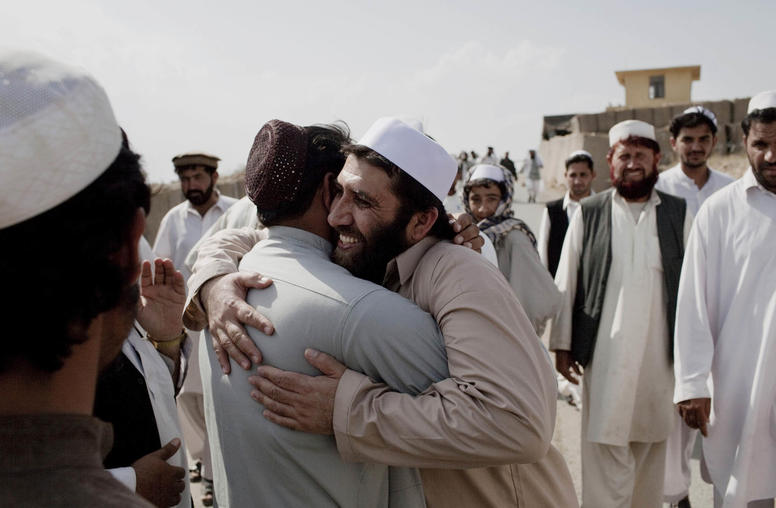
For an Afghan Peace, Work with China
Defense Secretary James Mattis said in Kabul March 13 that, for U.S. policy in Afghanistan, “victory will be a political reconciliation” that includes the Taliban. Mattis’ statement sustains the public focus on an Afghan peace process following separate proposals for negotiations last month by the Taliban and Afghan President Ashraf Ghani. If the United States is to maximize the chances of ending this 16-year war, it needs urgently to pull China into the process, according to David Rank, who headed both the U.S. Embassy in Beijing and the State Department’s Office of Afghanistan Affairs during a 27-year diplomatic career.
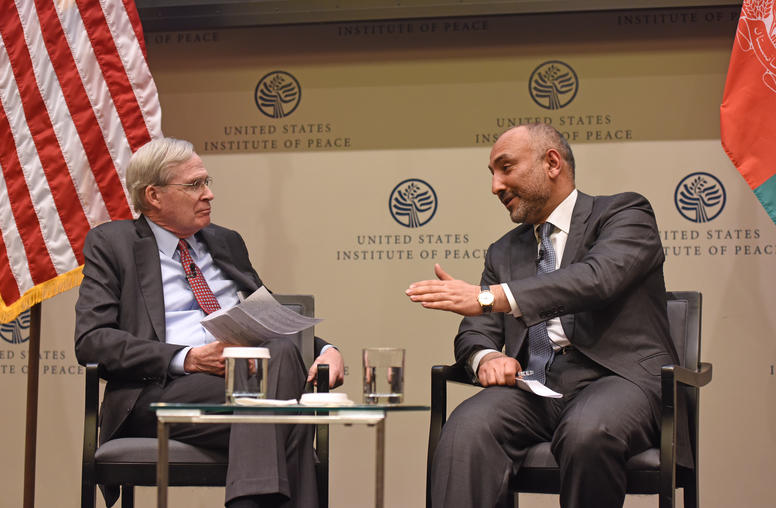
Making Peace Among Afghans: Kabul's View
Afghanistan’s government is focused on building consensus—both domestically and among states in the region—to support a peace process with the Taliban insurgency, according to the Afghan national security advisor, Hanif Atmar. The main challenges, he said, include continued support from Pakistan for the Taliban and an incremental recent Russian move toward immediate cooperation with the Taliban even without a peace process.
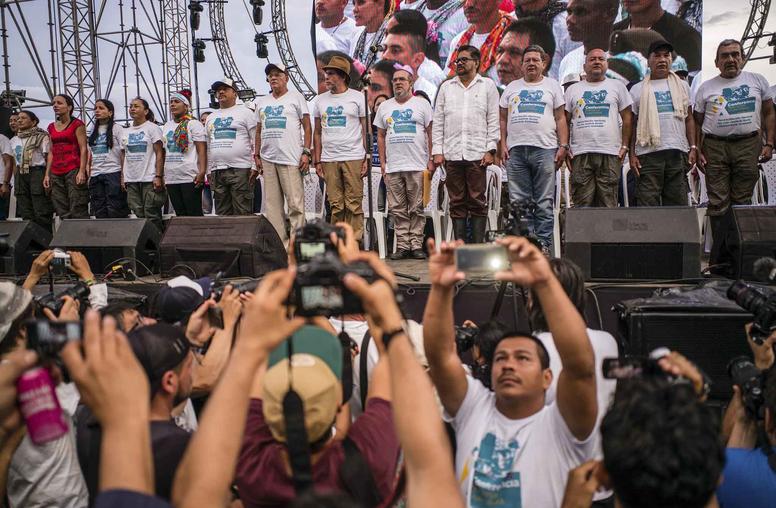
Will Colombia's 2018 Elections Imperil Peace?
The April 9 arrest and extradition request of former senior Revolutionary Armed Forces of Colombia (FARC) commander and peace negotiator Jesús Santrich highlights the complex challenges Colombia faces in the implementation of the historic November 2016 peace agreement with the FARC. Over a year and a half since the signing of the agreement, Colombia finds itself in one of the most critical moments in its efforts to definitively put to rest over five decades of armed conflict that has left more than 8.5 million victims in its wake. Frustrations surrounding the mixed results in the implementation of the peace agreement are exacerbated by the natural uncertainty over the upcoming May 27 presidential elections and its policy impact.